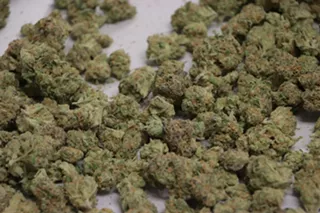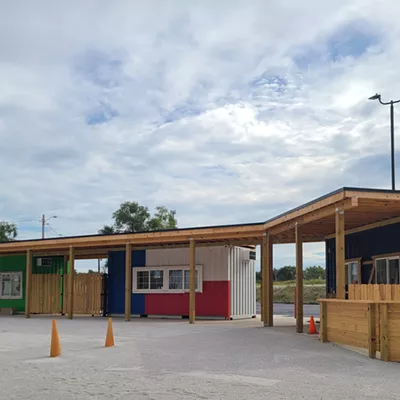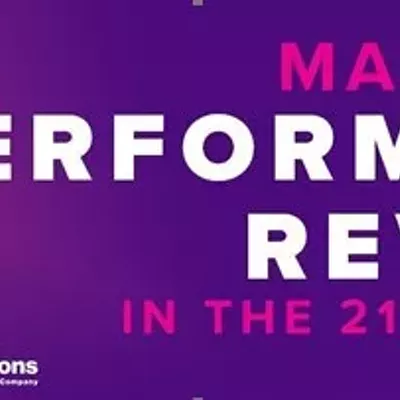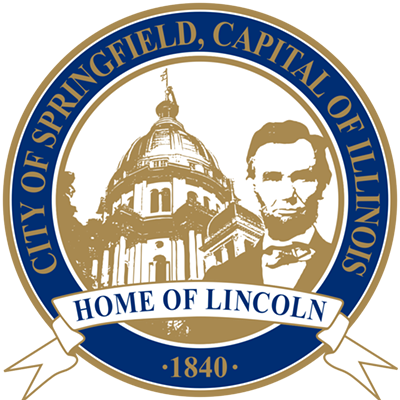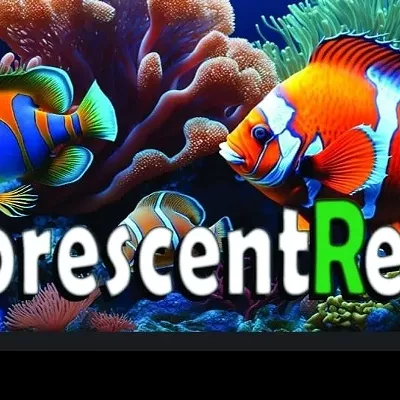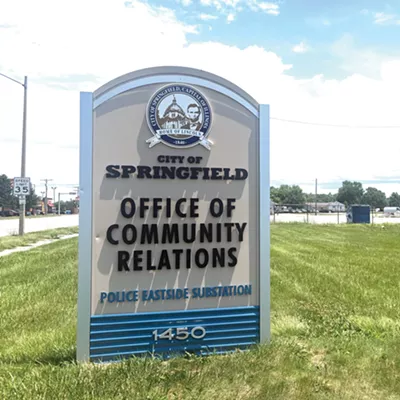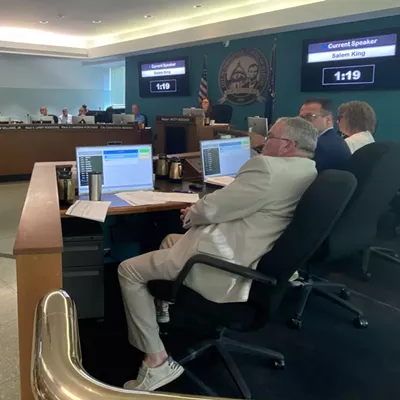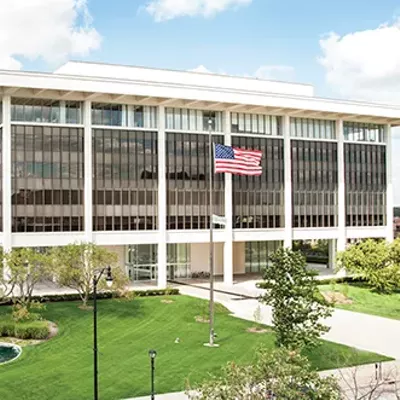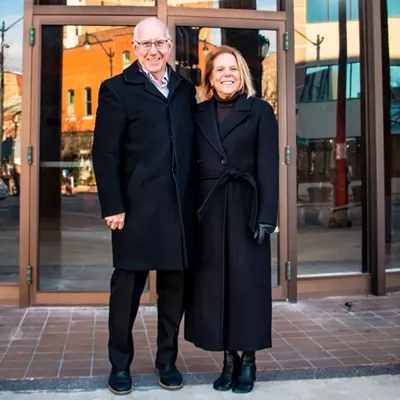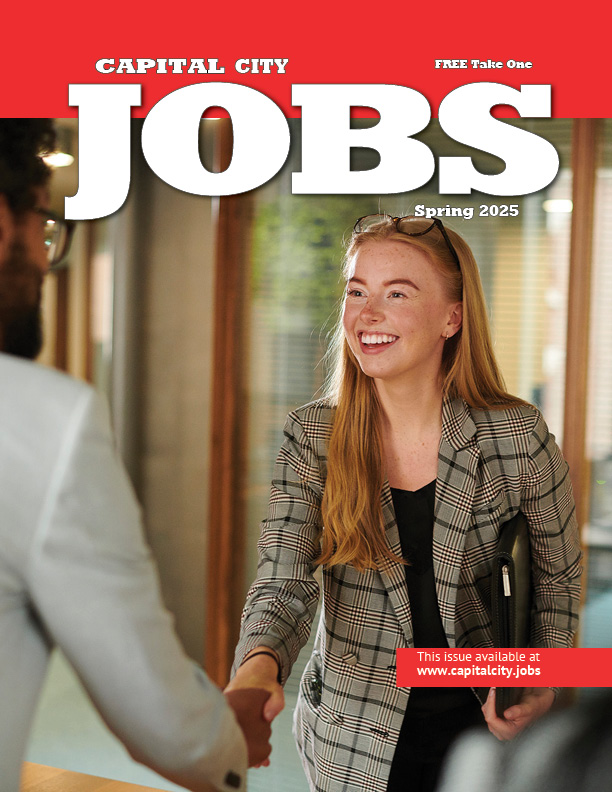By Monica Stabile
State lawmakers are exploring the possibility of a budding industry to create an additional revenue source for Illinois by legalizing recreational marijuana.
Chicago Democrats Sen. Heather Steans and Rep. Kelly Cassidy have proposed a measure that would allow adults aged 21 and older to possess, grow and purchase marijuana as long as they have a state-issued identification card.
“Taxing legalized recreational marijuana would have a huge impact on the state both in the form of new revenue and in job creation,” said Steans.
In Colorado, the first state in the nation to tax and regulate recreational marijuana, allows adults aged 21 and older to possess, buy and grow a maximum of six marijuana plants. However, public consumption and operating a motor vehicle while using it is illegal.
In the past year, Colorado brought in nearly $200 million in revenue after marijuana sales surpassed $1 billion.
Colorado uses a three-tiered system to tax the marijuana industry. Wholesale marijuana leaving cultivation centers is charged a 15-percent excise tax, and the proceeds are designated for school funding and school construction projects. A 10-percent special sales tax on consumers is collected, and 85 percent of that money is retained by the state to help fund substance abuse and prevention programs. The remaining 15 percent is allocated to local governments based on their sales. A 2.9-percent state sales tax is applied to both medical and recreational marijuana buyers.
In addition to state taxes, marijuana may also be taxed by local jurisdictions, said Robert Goulding, a spokesman for Colorado’s Marijuana Enforcement Division.
Marijuana is legalized statewide in Colorado, however local jurisdictions have the final say on whether they want marijuana retail stores operating in their area.
“There is a lot of local control that can determine if they want marijuana sold in their municipality,” explained Barbara Brohl, executive director of Colorado’s Department of Revenue.
Some Illinois legislators expressed concerned over teenagers getting their hands on marijuana if it were to be legalized statewide for recreational use. The state previously decriminalized possession of small amounts of marijuana.
Brohl said her department’s priority is to keep marijuana out of the hands of kids, criminals and other states by aggressively regulating the industry, shifting it from the black market to licensed marijuana retail stores.
“We didn’t see an increase in [marijuana] usage with youth or adults over the years,” Brohl said. “We’re hoping that the education to youth and the public is helping that.”
Using extensive labeling, advertising and managing production by limiting retail store operation hours helps keep public safety the priority. Each marijuana bag is stamped with a clear ‘THC’ symbol and level of potency to prevent accidental consumption.
In 2013, Illinois became the 20th state to legalize medical marijuana.
Steans and Cassidy have both said that their marijuana legislation would not be voted on this session, but are learning best practices to implement regulation and taxation of a potential recreational marijuana industry in Illinois.
“Our state desperately needs the revenue that would be brought in by the taxation of cannabis, so I look forward to continuing the conversation in the coming months,” Cassidy said.
Contact Monica Stabile at intern@springfieldbusinessjournal.com.

